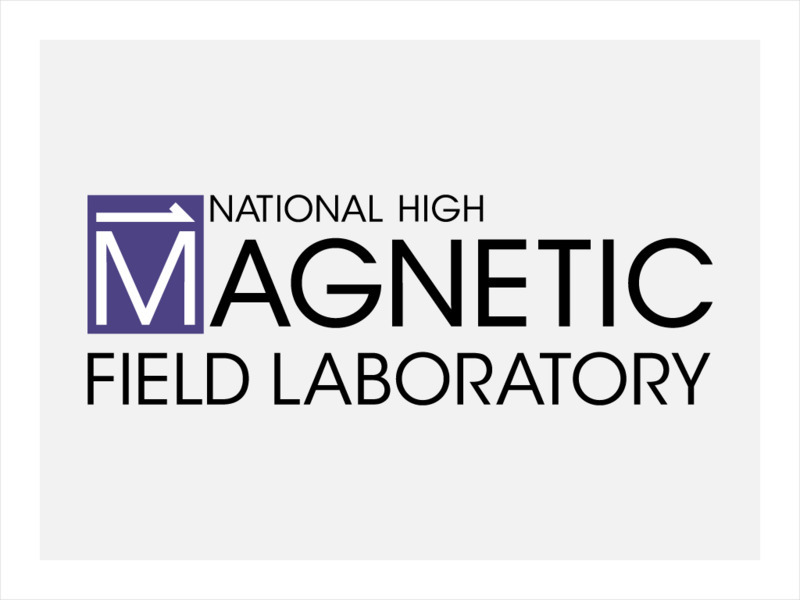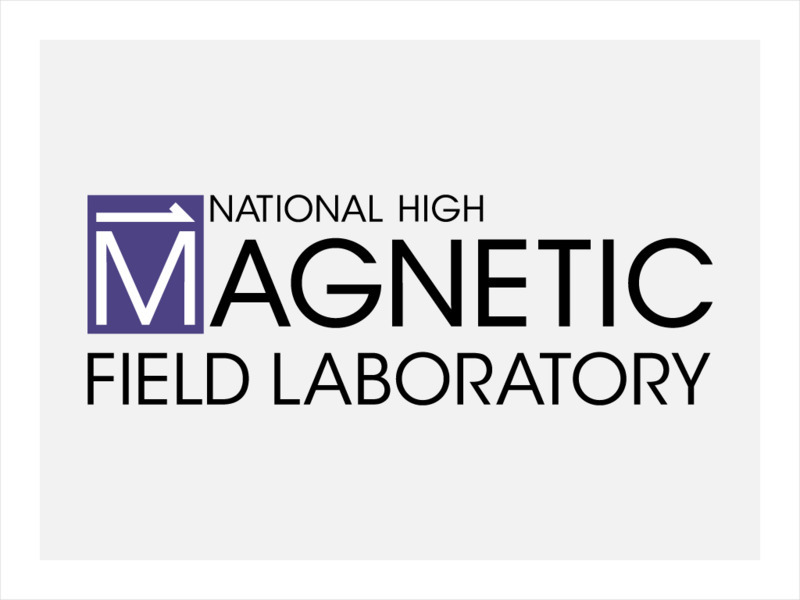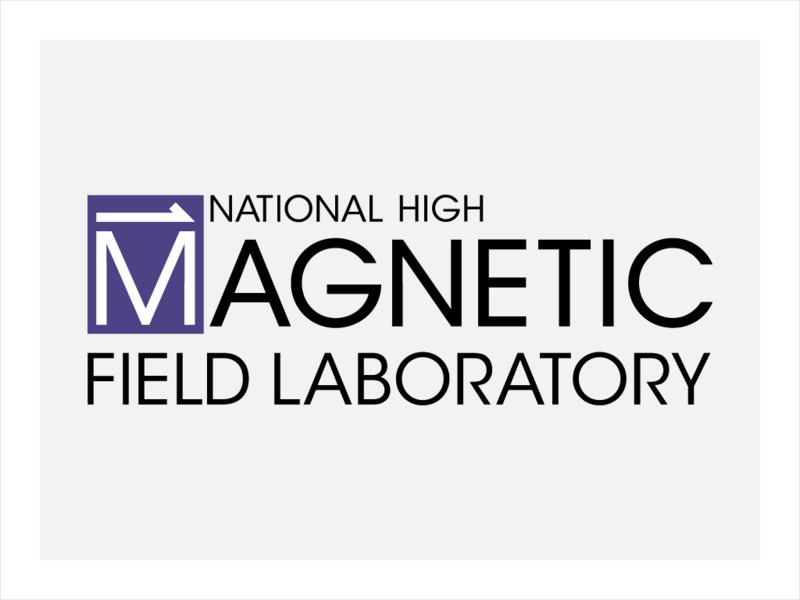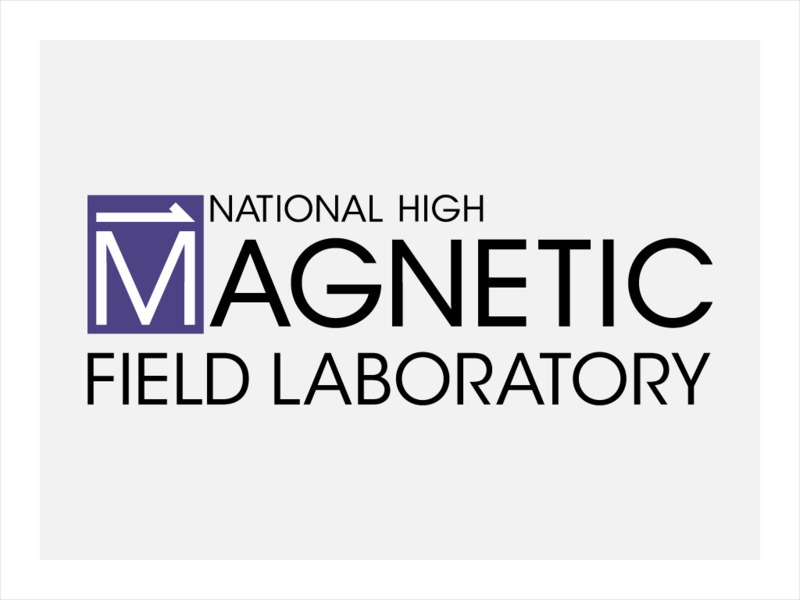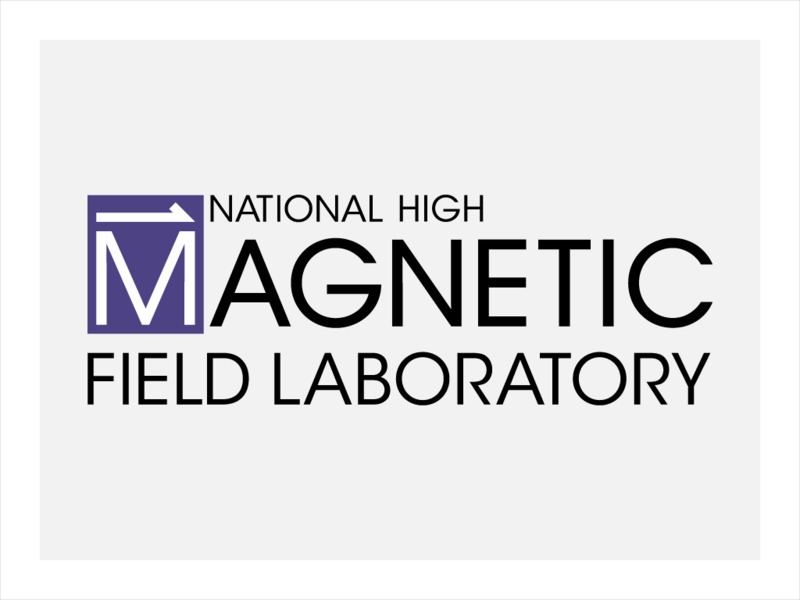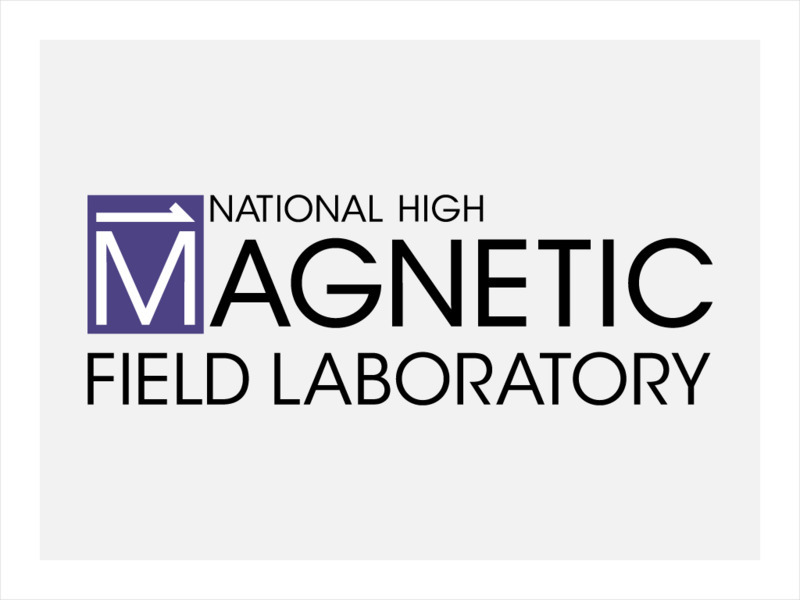National High Magnetic Field Laboratory
Magnet Academy: Felix Bloch (1905 1983)
Physicist Felix Bloch developed a non-destructive technique for precisely observing and measuring the magnetic properties of nuclear particles. He called his technique "nuclear induction," but nuclear magnetic resonance (NMR) soon became...
National High Magnetic Field Laboratory
Magnet Academy: Gerd Binnig
Gerd Binnig co-developed the scanning tunneling microscope (STM) with Heinrich Rohrer. The STM allowed scientists entry into the atomic world in a new way and was a major advance in the field of nanotechnology. For their achievement,...
National High Magnetic Field Laboratory
Magnet Academy: Georg Bednorz
J. Georg Bednorz jointly revolutionized superconductivity research with K. Alex Muller by discovering an entirely new class of superconductors, often referred to as high-temperature superconductors. They managed to achieve...
National High Magnetic Field Laboratory
Magnet Academy: Paul Dirac
Paul Adrien Maurice Dirac was an outstanding twentieth century theoretical physicist whose work was fundamental to the development of quantum mechanics and quantum electrodynamics. He was awarded the Nobel Prize for Physics jointly with...
National High Magnetic Field Laboratory
Magnet Academy: Peter Debye
Peter Debye carried out pioneering studies of molecular dipole moments, formulated theories of magnetic cooling and of electrolytic dissociation, and developed an X-ray diffraction technique for use with powdered, rather than...
National High Magnetic Field Laboratory
Magnet Academy: Leon Cooper
Leon Cooper shared the 1972 Nobel Prize in Physics with John Bardeen and Robert Schrieffer, with whom he developed the first widely accepted theory of superconductivity. Termed the BCS theory, it is heavily based on a phenomenon known as...
National High Magnetic Field Laboratory
Magnet Academy: Murray Gell Mann
Murray Gell-Mann is a theoretical physicist who won the Nobel Prize for Physics in 1969 for his contributions to elementary particle physics. He is particularly well known for his role in bringing organization into the world of subatomic...
National High Magnetic Field Laboratory
Magnet Academy: Lev Davidovich Landau
While growing up in the Soviet Union, Lev Landau was so far ahead of his classmates that he was ready to begin college at age 13. His parents noticed a particular gift for math in their young son, who was considered a prodigy. It came as...
National High Magnetic Field Laboratory
Magnet Academy: Klaus Von Klitzing
Klaus von Klitzing is a Nobel laureate who won the award in 1985 for his discovery of the quantized Hall effect, sometimes referred to as the quantum Hall effect. Von Klitzing's discovery resulted from his work exploring a phenomenon...
National High Magnetic Field Laboratory
Magnet Academy: Jack Kilby
The integrated circuit fueled the rise of microelectronics in the latter half of the twentieth century and paved the way for the Information Age. An American engineer, Jack Kilby, invented the integrated circuit in 1958, shortly after he...
National High Magnetic Field Laboratory
Magnet Academy: Heike Kamerlingh Onnes
Heike Kamerlingh Onnes was a Dutch physicist who first observed the phenomenon of superconductivity while carrying out pioneering work in the field of cryogenics. An important step on the way to this discovery was his success in...
National High Magnetic Field Laboratory
Magnet Academy: Karl Alexander Muller
In their search for new superconductors, Swiss theoretical physicist Karl Alexander Muller and his young colleague, J. Georg Bednorz, abandoned the metal alloys typically used in superconductivity research in favor of a class of oxides...
Other
Sir Joseph John Thomson
Have you ever wondered who discovered the electron? The answer is Nobel Prize winning physicist Sir Joseph John Thomson.



